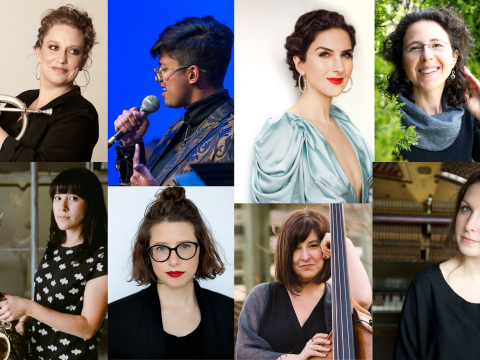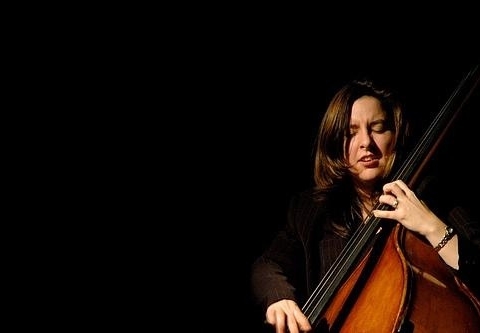I was recently invited by the JUNO award winning bassist and head of the bass department at Humber College, Mike Downes to answer a few questions about playing and teaching the bass. Here is the first question he posed and the first half of my response: What are some important musical and other lessons you've learned that you can pass on to aspiring bassists? Bass playing is physically, emotionally and intellectually exhausting at first but, like anything worthwhile, leaning into the early challenges sets you up for a life of ongoing, intense musical joy. A relationship with the bass must be viewed as a long-term project. It takes time to nurture and grow. Aspiring bassists need to find joy in the process, exercise patience and take delight in small improvements. Rudiments are key. Clear tone, good intonation, solid time and a handle on the major, melodic and harmonic minor systems will set you up for years and years of wonderful music making with others. These basic skills unlock the capacity to make deep and flowing music in any genre. Developing competence as a bassist is not about how fast or how much you play, but the quality of the sounds you produce. Dig deep into the music you love. Check out a variety of approaches. Choose a favorite bassist to study and try to embody that musician - the sound, the articulations, the feel and the note choices. Imagine that you are an actor playing a role. This way you will be able to access deep wisdom from the past when the music in front of you calls you to respond. Bring the richness of the past into your musical present. The same focus on quality holds true for practice time - the priority is depth, consistency and efficiency over quantity. Practice daily, trying multi-faceted exercises slowly. Make a pot of tea, get comfortable, start with a simple and satisfying opening exercise and imagine practice as a meditation. Be mindful to dismiss negative thoughts. Delight in the beauty of your sound. Feel the resonance of the wood against your body. Enjoy the sensuality of the experience. Let gravity do the work. Recognize the importance of breathing and singing. When you sing you connect with the sensual roots in the lower part of your body, connect with your musical voice and activate the deep wisdom of your entire body. The simple act of singing a tune is a way of inviting the sensual into your musicianship – connecting the right and left brain and creating a feeling of not just “being in your body” but “being your body.” The greatest musicians we have ever known have integrated the sensual with the intellect and imagination. Whole-person integration is the state of being where creativity is born. Invite your wholeness into the music – body, mind and soul. Music is the art of FEELING; those feelings sing out from below your neck.
26
Dec
An Invitation to Share: Part I



